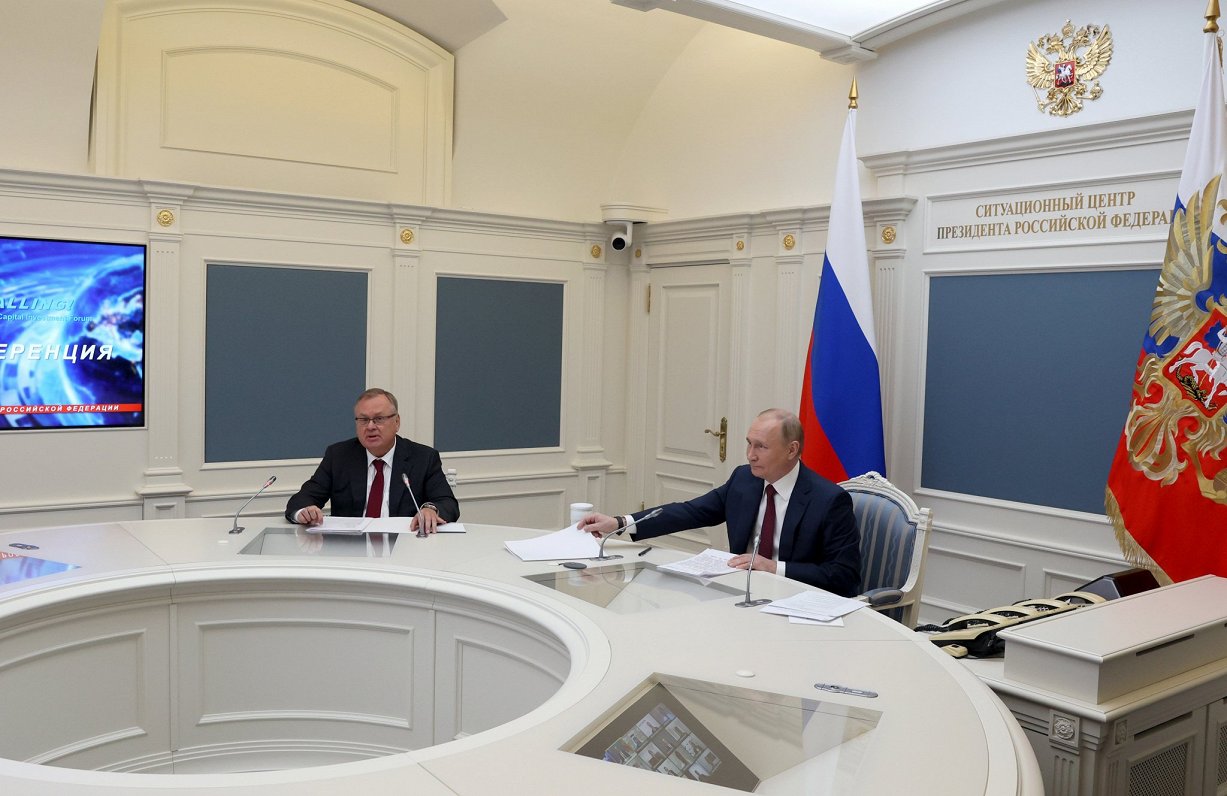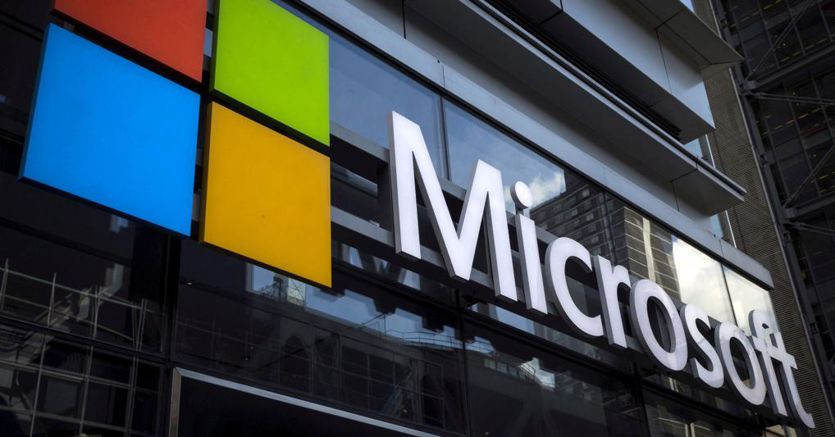What would be the consequences of excluding Russia from the SWIFT banking network?
–
–
The SWIFT system of the global interbank financial telecommunications company is similar to the Internet, which includes 11,000 financial institutions in the world that provide financial transactions. It connects the countries of the world to ensure fast and convenient payments.
Dainis Gašpuitis, an economist at SEB Bank, said: “When we go to the bank, we usually have a code to indicate that we will make sure that this payment reaches the desired destination and is very smooth.”
An example of disconnection from the SWIFT system can be found ten years ago in 2012. At the time, Iran was cut off from SWIFT for violating a United Nations (UN) nuclear resolution, and Western sanctions had dealt a severe blow to the country’s economy. The system was prevented from servicing Iranian banks in order to persuade them to abandon nuclear weapons.
The talk of disconnecting Moscow from the system is far from new. Because even after the Russian invasion of Ukraine in 2014, there were calls for such a sanction. However, the US and European allies ruled out the possibility of excluding Russia from the system on the grounds that it would involve significant losses.
Now talk of disconnection has come to the fore in the context of Russia’s security threats. Russia’s exclusion from SWIFT is mentioned as one of the potential sanctions. The Ambassador of Ukraine to Berlin Andriy Melnik also called for it a few days ago. But how severe could these consequences be?
As the then Polish Foreign Minister, Grzegorz Shetina, put it in 2015,
in the context of sanctions, SWIFT is comparable to a nuclear weapon. It is the last resort, and everyone is well aware of it.
The leader of the German Christian Democratic Union, Friedrich Merch, also likened it to a nuclear bomb blast on the world economy. Prohibiting public banks from using the SWIFT banking network has far-reaching consequences for business, as institutions are then effectively disconnected from the international revenue stream. Without access to SWIFT, it is much more difficult to transfer money within and outside the country.
“The primary blow will be on Russia’s own economy, which may face very big problems, as all blood circulation is significantly stopped,” noted economist Gašpuitis.
After discussions on Russia’s secession in 2014, the then Russian finance minister, Alexei Kudrin, pointed out that the country’s gross domestic product (GDP) would shrink by 5%.
However, the exclusion would also have a significant impact on the West, which has been a major, if not the main, reason why this sanction has not been used so far. The United States and Germany, whose banks are the most frequent SWIFT users in contact with Russian banks, would suffer the most.
“Russia, although not an oversized economy, is integrated into the world and, of course, the disconnection of one part will affect the others. In the West, however, there is now a view that this should not be done, of course, depending on how the situation develops. Namely, that it threatens the saying of the West in the future, ”said Gašpuitis.
One German newspaper, citing government sources, said last week that European countries and the United States were no longer considering excluding Russia from SWIFT as part of sanctions. Instead, the possibility of introducing targeted economic sanctions against large Russian banks is being discussed. In a conversation with Latvijas Radio, Inese Vaidere, a member of the European Parliament’s Committee on Economic and Monetary Affairs, expressed the opinion that targeted sanctions against banks could be better.
“This disconnection of SWIFT could be quite a controversial issue, as it could lead to the creation of a parallel payment system, and so I think a much better solution would be to sanction those banks that are involved in various unwanted transactions,” said Vaidere.
Some experts believe that the long-term influence in Russia may not be as effective as it may seem, as any country may adapt sooner or later.
Gašpuitis, an economist at SEB Bank, also believes that Russia, in pursuit of its political ambitions, is considering disconnecting from SWIFT and has been taking steps to end various blockades over the past 10 years. The economist added that it should also be taken into account that any cardinal steps would also provoke a reaction that disconnection from SWIFT could lose its significance if Russia turned to the development of other alternative network systems.
Russia has been preparing and investing in disconnection from SWIFT for a long time, and is already doing so after the invasion of Ukraine in 2014 and the versions expressed at the time, so that the country could be disconnected from the system.
At the time, Russia’s central bank, Bank Rossii, was taking action to secure a case in which Russia was shut down. Analyst Levon Cameryan said that while the short-term disconnection from SWIFT would hurt the Russian economy, the untying could speed up the government’s move to promote a multipolar, less dollar-oriented global order. Namely, to accelerate the Russian government’s efforts to further reduce its dependence on Western payment infrastructure.
CONTEXT:
In February 2014, after protests was overthrown pro-Russian President of Ukraine Viktor Yanukovych. Russia used political instability to its advantage annexed Ukrainian-owned Crimean peninsula. Russia also supported armed separatist unitsin the Donbass region fought against the Ukrainian army.
In September 2014, the “Minsk Agreement” on the armistice was signed, in February 2015 in Minsk signed a new peace plan.
However, there are fewer clashes between the Ukrainian army and Russian-backed separatists still going on. More than 14,000 people have been killed since the conflict began, including more than 3,000 civilians.
The international community still considers Crimea to be part of Ukraine nor has it recognized the separatist “people’s republics” of Donetsk and Luhansk.
Ukraine wants as soon as possible to become a member of the European Union and NATO, but Russia strongly opposes Ukraine’s accession to NATO.
Russia has recently drawn around 100,000 troops off the Ukrainian border, indicating possible preparations for an attack. The US and the European Union warn of an attack on Ukraine will have serious consequences, severe sanctions will be imposed on Russia.
–


